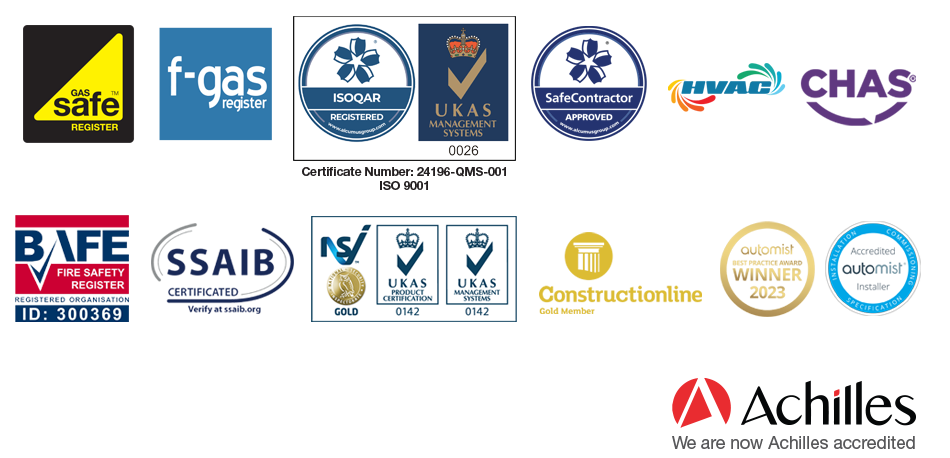Carbon is a big source of concern for the world right now. Greenhouse gasses have been flooding our environment for such a long time now that we’ve done irreparable damage to our planet. Thankfully, the world has woken up to the danger, and now we are all able to make changes to reduce our impact and really make a difference. If you own or run a commercial building, one of the ways you can do this and do your part to become carbon neutral, is by switching your heating, ventilation and air conditioning solution from gas to heat pumps.
What Does Carbon Neutral Mean?
Being carbon neutral means you are not contributing any carbon to the environment, but you aren’t removing it either. Given that very few businesses can actively remove carbon from the environment, being carbon neutral is the big goal for all businesses and anyone who owns a building in the UK. This can be achieved by adopting environmentally friendly policies and either upgrading or retrofitting equipment with more eco-friendly alternatives.
In fact, there’s a Zero Carbon Buildings Initiative in place at the moment, in which the UK government pledged to achieve a net zero carbon emissions goal for the country by 2050. Since a large portion of carbon emissions are generated by buildings, this is one of their first focus points. existing buildings to be retrofitted wherever possible with zero carbon solutions, rather than knocked down and a new building erected. This will save a significant amount of carbon by itself, and if new buildings are being designed and constructed in a carbon neutral fashion, suddenly zero carbon buildings become a lot more achievable.
How Do Heat Pumps Help?
The big question now is, what can you do to reduce the carbon footprint of your building? You might think that you’re locked into all of the legacy systems you have in place, but this simply isn’t true. In fact, most modern systems can be retrofitted into older buildings, replacing your less efficient and more wasteful systems in the process. In terms of heating, ventilation and air conditioning for your building, the best answer is a heat pump.
Switching from a gas boiler to a heat pump is a relatively simple process. Choosing the type of heat pump you want will depend on your location, access to resources and other things, and once installed can save you a massive amount of carbon emissions. In fact, while a gas boiler produces around 4500 kWh of CO2 per year, a heat pump produces just 2,20 kWh of CO2 emissions, largely through its power source – electricity. And since they last around 14-15 years compared to the gas boiler’s 10, they keep the CO2 emissions lower for longer.
The Magic Ingredient
Of course, heat pumps do an amazing job, and they are a great first step in your carbon neutral journey. But while they are low carbon, they aren’t zero carbon by themselves, since they require mains electricity to run. The real magic comes when you pair heat pumps with renewable energy. In other words, solar panels.
By utilising solar energy you’ve generated yourself, you can completely negate the need for mains electricity for your heating, ventilation, and air conditioning. This is not only a great cost saving exercise (since energy bills for most commercial premises can add up to thousands a month in just HVAC costs), but it also slashes your carbon emissions for the system to basically zero. If you have a well-insulated building then you can enjoy efficient heating at low cost and zero carbon emissions. Now isn’t that magical?
At Bonus Eventus Maintenance we are passionate about the environment and reducing the carbon footprint of our own business as well as our clients. We are currently consulting with a number of block and facilities managers on the changes that would need to be made to their HVAC systems to meet this target, and if you’re in a similar position we’d love to help you too. Just get in touch with the team today for a free consultation. And if you want to know more about energy efficient HVAC solutions, keep an eye on the blog.

